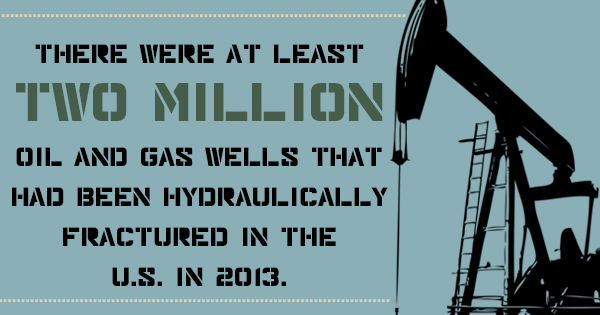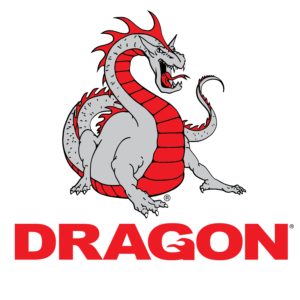
22 Sep Regulators Worry Low Crude Price Will Hurt Oil and Gas Loans
Today, there are only enough known oil reserves for approximately 53 more years of global production. You wouldn’t be able to tell by looking at the current cost though. The price of crude oil and gas has hit their lowest levels since 2009, according to the United Kingdom’s Financial Times.
A piece that came out on August 31 details the pressure U.S. banks are beginning to feel from regulators in the industry. They are clamoring for the banks to classify oil and gas loans as troubled assets. Bill White is the chairman of the Houston office of the investment bank Lazard and former U.S. Deputy Secretary of Energy. He spoke to the Financial Times about the possible repercussions such a move would have.
“One consequence of this would be that people are forced to sell assets in a market which many of us — including me — believe is at the bottom of the commodity price cycle,” White said.
According to White, banks are already being pushed to move these at-risk loans into “workout” groups for troubled assets at the discretion of the Office of the Comptroller of the Currency (OCC). The OCC does not make credit decisions for banks, but they can, and do influence financial institutions through a variety of means to work with customers and regulators.
“Workout’s job is to achieve the maximum recovery on the loan,” White said. “The banking relationship with the borrower is not part of the agenda of the workout group, whereas the relationship banker will appreciate the fact that this is a cyclical period.”
The rock-bottom prices of these crude resources has stemmed from a variety of factors such as the general improvement in drilling equipment at a basic level. As pointed out in a different Financial Times piece however, one of the bigger reasons is the U.S. shale and fracking industry. There were at least two million oil and gas wells that had been hydraulically fractured in the U.S. in 2013, according to the Department of Energy (DOE). This has helped contribute to the overall 27% increase (~350 billion barrels) in global proved oil reserves over the past decade.
The somewhat early detection of this potential problem, and the belief that all parties involved will work in a symbiotic way greatly improves the chances of avoiding a catastrophic market collapse.



Sorry, the comment form is closed at this time.